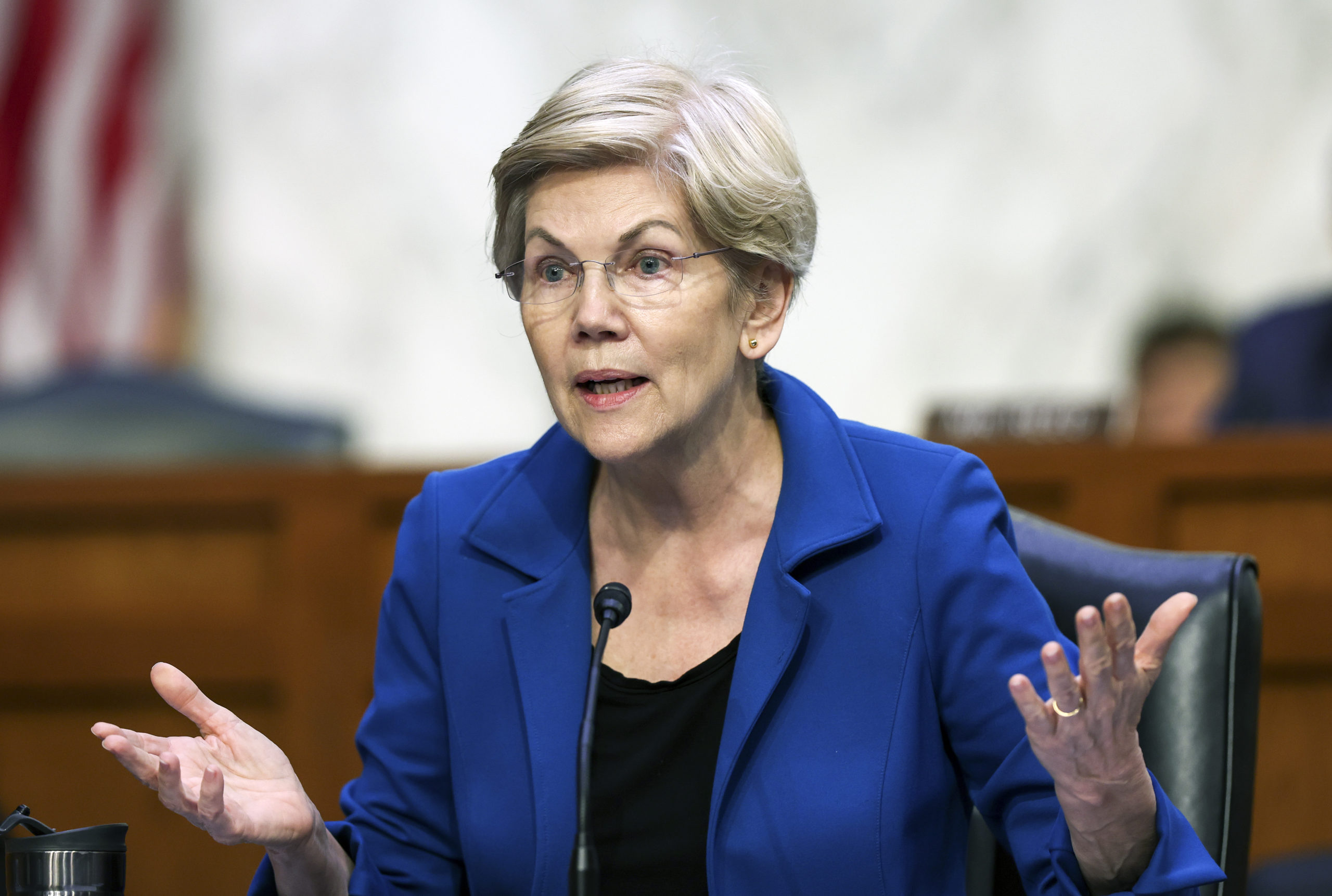This article at first appeared on FIN, the very best newsletter about fintech. Subscribe listed here.Â
This summer time has seen a tsunami of regulatory motion aimed at the fintech and crypto worlds. The highest wave was the insider trading case in opposition to a former Coinbase govt and two associates, which was covered final 7 days. A growing group of US Senators is in search of to crack down on Zelle—the digital payment program owned by a consortium of significant banks—because of rampant fraud. There is also the joint action involving the Federal Deposit Insurance plan Corporation (FDIC) and the Board of Governors of the Federal Reserve, demanding that crypto broker Voyager Digital halt representing itself as obtaining FDIC protection. (Even without the need of the regulatory headache, Voyager Digital is a deeply wounded business, owning declared bankruptcy earlier this month and turned down a rescue effort from FTX.) And of system there is the ongoing fight among Coinbase and the Securities and Exchange Commission (SEC), above irrespective of whether the system is illegally offering securities to American customers, which we’ll appear again to.
Nonetheless for all the regulatory roaring, the prospect of basic transform or clarity in how the United States regulates crypto looks not a lot closer currently than at the beginning of the yr.
The “Responsible Monetary Innovation Actâ€Â cosponsored by Kirsten Gillibrand (D-NY) and Cynthia Lummis (R-WY) created a major splash even in advance of it was formally released. It would give principal duty for crypto markets to the Commodity Futures Trading Commission (CFTC), as nicely as present clearer definitions of which digital assets are to be outlined as securities and which would not. On the other hand, no 1 ever envisioned the bill to pass in this Congress.
Politico reported back in early June that Senators Debbie Stabenow (D-MI) and John Boozman (R-AR) had been creating their have invoice to control crypto, which is presumed to be narrower in scope but to preserve the notion of CFTC authority over crypto place marketplaces. Lobbyists believe that that this monthly bill has a better chance to pass, since its authors are the chair and ranking member of the Senate Agricultural Committee. Even so, the monthly bill has nevertheless to be formally launched, and the Senate goes on recess in a handful of times it’s extremely really hard to think there could be motion on this in advance of the November election. About on the Dwelling facet, The Block studies that the Monetary Expert services Committee skipped a essential deadline on its pending stablecoin laws, and absolutely nothing will materialize till following the August recess.
Some experienced predicted that the $30 billion meltdown of the Terra-LUNA system would drive Congress to act, but so far it hasn’t played out that way. An more and more vocal team of Washington insiders is griping that even following roller-coaster markets and numerous hearings, the Senate simply just is not geared up to deal with crypto as an issue.
At a Bloomberg Summit before this month, Gillibrand reported:
This is a pretty broad and comprehensive invoice that quite several members of the Senate have the time, curiosity, or expense of comprehension of all factors of this bill….Cynthia and I…really delved into this place to become subject matter specialists, and there’s not several some others that have expressed desire in executing that.
This week, in an interview on Bloomberg Television set, SEC Commissioner Hester Peirce claimed: “In Washington, there’s been a little bit of a motivation to see crypto just disappear.â€
And at a conference held by Solidus Labs this 7 days at the New York Inventory Exchange, former CFTC chairman Christopher Giancarlo reported that Washington’s “septuagenarian leadershipâ€Â simply couldn’t fully grasp the complexities included in modernizing fiscal regulation.
Regardless of these types of hurdles, the crypto lobbyists do feel to have made a unfastened consensus around the notion that the CFTC must be the key regulator. Giancarlo made available a schematic difference: the SEC oversees entities involved in capital formation—stocks, bonds—whereas the CFTC is involved with chance transfer. Most cryptocurrencies, it is assumed, behave much more like commodities than securities.
But this only brings us back to the SEC and Coinbase. In the civil criticism issued on July 21, the SEC managed that at minimum 9 of the coins associated in the insider investing case at Coinbase were being securities that required registration. The firm vehemently denies it. Nevertheless, this week Bloomberg claimed that even before the insider buying and selling scenario, the SEC was investigating Coinbase for improperly making it possible for securities to be traded.
Therein is the sticking point: the SEC is not likely anywhere. There are hundreds of cryptocoins out there, some of which are plausibly near plenty of to securities to persuade a choose or jury, must the query at any time get that far. All the regulatory enforcement feasible will not adjust the simple fact that no authorities regulator will ever be capable to give a definitive ruling on which are or may well be securities, and Coinbase’s vetting procedure is also clearly inadequate. The only way to control proficiently is to establish clearer principles, as the Gillibrand-Lummis monthly bill tries to do. But if Congress just cannot or will not move it, all people is still left in a extremely hazy limbo.

